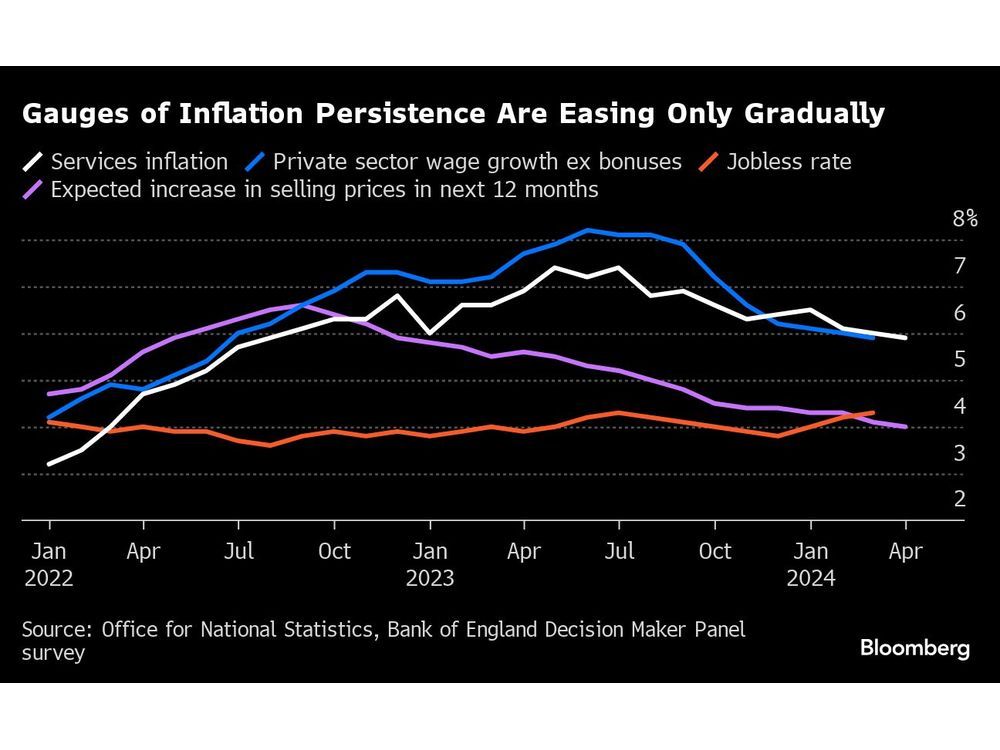Follow us on LinkedIn
Expenses are a part of operations and crucial to generating income. However, companies must understand how and when to recognize them under the relevant accounting principles. That is why expense recognition is a critical part of accounting.
What is Expense Recognition?
Expense recognition in accounting is a critical principle that revolves around accurately timing the recording of expenses in a company’s financial statements. Unlike cash accounting, which records expenses when cash payments occur, expense recognition operates on an accrual basis. Under this principle, expenses get recognized when they are incurred, irrespective of when the actual payment occurs.
Expense recognition plays a pivotal role in financial reporting and decision-making. It ensures that financial statements present a company’s income and expenses, providing valuable insights for investors, creditors, and internal management. Expense recognition is a fundamental element of accrual accounting, contributing to the accuracy and reliability of a company’s financial statements, which are essential for assessing its financial health and performance.
How does Expense Recognition work?
Expense recognition begins with identifying the expenses a company has accrued, which can encompass a range of operational costs. Crucially, the timing of recognition adheres to the matching principle, which aligns expenses with the revenue they assist in generating. Once identified, these expenses get recorded in the company’s financial records through journal entries. These entries debit the pertinent expense accounts while crediting any accrued liabilities or accounts payable.
The culmination of this process is reflected in the company’s income statement for the specific period, where the total expenses incurred in generating revenue are detailed. It also includes the net income (or loss) after deducting these expenses from the reported revenue. Moreover, recognizing these expenses may also affect the balance sheet, with accounts like accrued liabilities or accounts payable representing future payment obligations.
Why is Expense Recognition important?
Expense recognition ensures the accuracy and reliability of a company’s financial statements. By matching expenses with revenues, this process paints a precise picture of a company’s profitability for a specific period. Additionally, adherence to expense recognition principles enhances transparency and builds trust, instilling investor confidence and facilitating access to capital, which is often pivotal for a company’s growth and success.
Furthermore, expense recognition provides valuable insights into a company’s operational efficiency. It allows management to gauge how effectively the organization manages its production costs, service delivery expenses, and other core operational outlays. Moreover, expense recognition ensures compliance with accounting standards and regulations, maintains financial market integrity, and influences a company’s creditworthiness.
What are the methods of Expense Recognition?
Expense recognition encompasses a range of methods tailored to various expense types and operational contexts. These methods are pivotal in ensuring a company’s financial statements accurately depict its financial performance. Some of the most common approaches to expense recognition include the following.
Straight-line method
The straightforward method allocates expenses evenly across accounting periods. It is suitable for costs that remain consistent over time, such as rent or insurance premiums. This approach provides a systematic way to distribute expenses.
Accrual method
Under the accrual accounting framework, this method records expenses when they are incurred, irrespective of the actual payment date. It aligns expenses with revenues, making it suitable for costs, such as salaries and interest expenses.
Cash method
In contrast to accrual accounting, this method recognizes expenses when they get paid. While it offers simplicity, it may not reflect financial performance precisely, as it doesn’t necessarily correlate expenses with revenue.
Conclusion
Expense recognition is a principle in accounting that deals with the timing and method of recognizing expenditure. It has several stages that start with identifying the relevant expense and end with an impact on the financial statements. Typically, companies recognize expenses through different methods, as mentioned above.
Further questions
What's your question? Ask it in the discussion forum
Have an answer to the questions below? Post it here or in the forum





Prime Minister Keir Starmer’s promise to “get Britain building again” will quickly face a shortage of skilled workers in the very industries he’s hoping will power the turnaround.